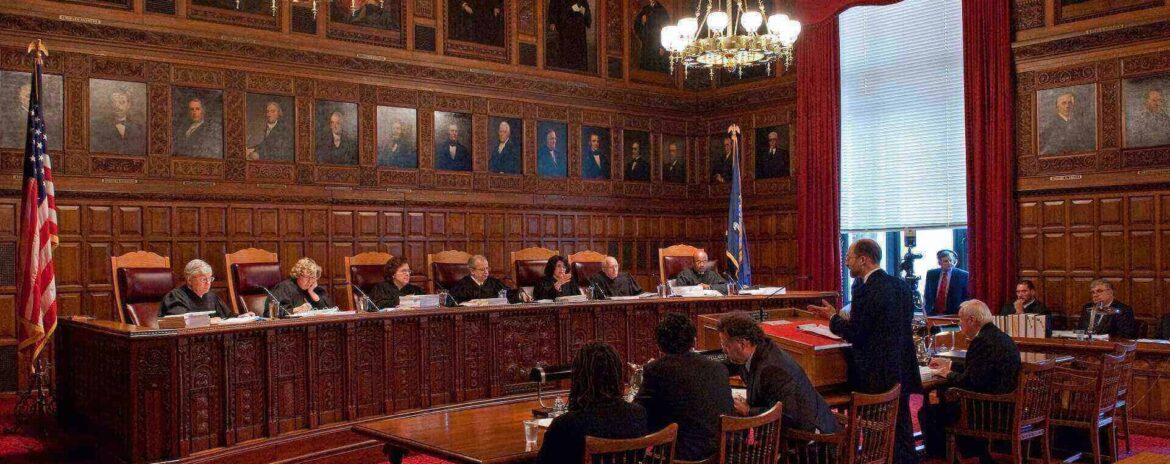In England, the burden of proof in civil proceedings is in general, with a number of exceptions such as committal proceedings for civil contempt, proof on a balance of probabilities.In civil cases in the Maldives, the burden of proof requires the plaintiff to convince the court of the plaintiff’s entitlement to the relief sought. This means that the plaintiff must prove each element of the claim, or cause of action in order to recover.
Civil law is a branch of the law. In common law countries such as England, Wales, and the United States, the term refers to non-criminal law. The law relating to civil wrongs and quasi-contracts is part of the civil law. The law of property is embraced by civil law.Civil law can, like criminal law, be divided into substantive law and procedural law. The rights and duties of individuals amongst themselves is the primary concern of civil law. It is often suggested that civil proceedings are taken for the purpose of obtaining compensation for injury, and may thus be distinguished from criminal proceedings, whose purpose is to inflict punishment. However, exemplary or punitive damages may be awarded in civil proceedings. It was also formerly possible for common informers to sue for a penalty in civil proceedings.
Because some courts have both civil and criminal jurisdiction, civil proceedings cannot be defined as those taken in civil courts. In the United States, the expression “civil courts” is used as a “shorthand for trial courts in civil cases”.
